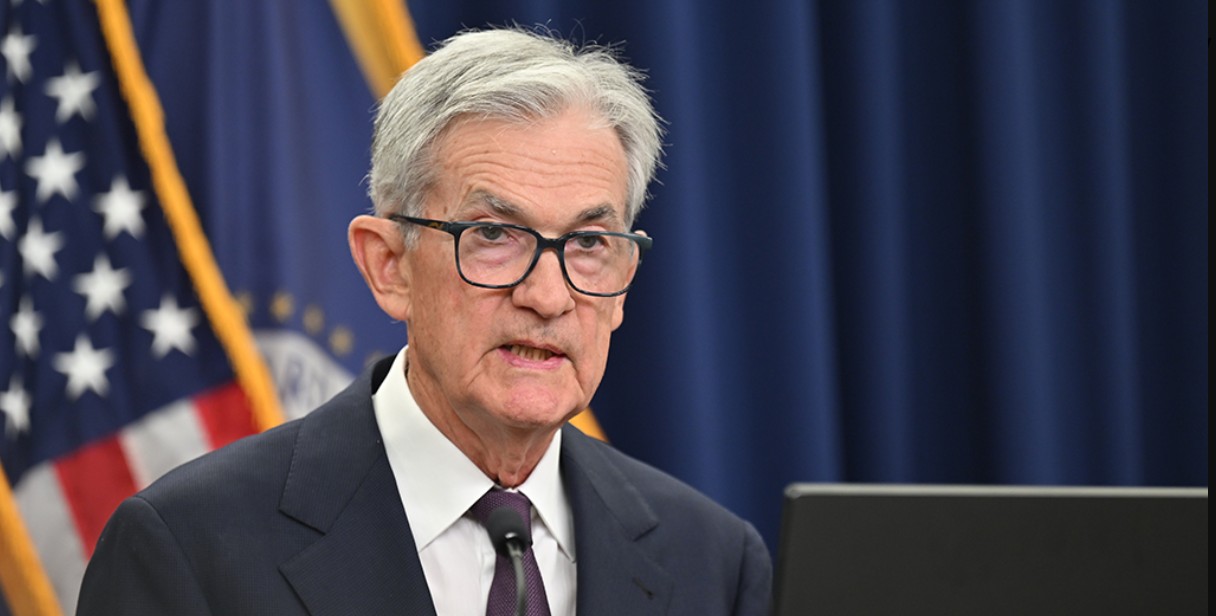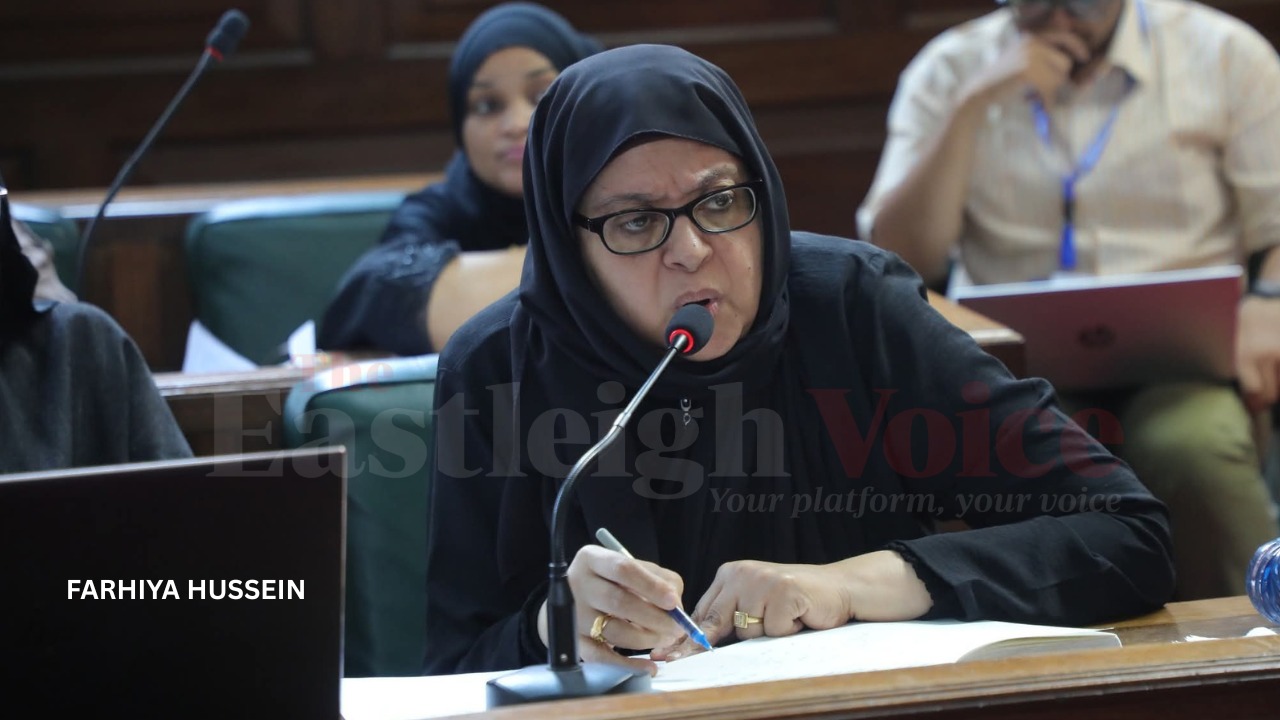NCAJ vows to combat evolving forms of corruption in Judiciary

The NCAJ reiterated its unwavering commitment to intensifying efforts to combat corruption and mitigate its adverse effects on society.
The National Council on the Administration of Justice has expressed concern that despite concerted efforts to combat corruption, it continues to evolve and persist in new forms.
Led by Chief Justice Martha Koome, the NCAJ convened a consultative meeting in Mombasa on Tuesday to strategize on scaling up measures to combat corruption, enhance accountability, and ensure seamless service delivery to citizens.
More To Read
- Court dismisses petition on alleged discrimination in appellate appointments
- Court halts Constitution Amendment Bill assent pending petition by Katiba Institute
- Billions in county empowerment loans remains unpaid as senators call for EACC Probe
- High Court declines to overturn Ferdinand Waititu's 12-year imprisonment
- Judiciary rejects claims of bribery in decades-old KCB-Muiri case
- LSK sues IEBC, EACC for failure to enforce MPs’ ethics code
The NCAJ views corruption as a multifaceted national challenge and a threat to sustainability.
"Corruption persists in compromising public institutions, detrimentally affecting service delivery and economic growth. It undermines accountability and erodes public trust," Koome said.
Despite numerous interventions aimed at combating corruption, Koome emphasized the need for innovative approaches to tackle the evolving vice.
"We acknowledge the pivotal role of the justice sector in preventing, investigating, prosecuting, and adjudicating corruption cases. Significant efforts have been made, including policy, legal, and administrative reforms, to fight corruption and enhance accountability," she said.
Interior Cabinet Secretary Kithure Kindiki highlighted corruption as a fundamental threat to Kenya's sustainability and long-term prosperity as a modern democracy.
"Corruption strikes at the core of our nation's values and diverts vital resources crucial for achieving the Kenyan dream. Corrupt practices impede efficiency in delivering public sector services to the people," noted Kindiki.
The NCAJ reiterated its unwavering commitment to intensifying efforts to combat corruption and mitigate its adverse effects on society.
"We are dedicated to enhancing diverse but collective institutional cooperation mechanisms to tackle corruption and elevate accountability across all our operations and functions," affirmed the NCAJ members.
They pledged to conduct thorough examinations of justice sector agencies, scrutinizing systems and processes to identify and rectify corruption vulnerabilities.
Embracing the potential of technology, they committed to digitizing and automating processes within their institutions to ensure efficiency, accountability, and seamless service delivery.
Additionally, they agreed to streamline the handling of traffic offenses by automating instant fines to reduce backlogs and prevent abuse within the justice system.
Furthermore, they vowed to enhance the quality and speed of arrests, investigations, prosecutions, and trials related to corruption.
They also pledged to implement efficient case management systems, prioritizing the handling of corruption and economic crimes cases in specialized courts.
NCAJ was established in 2011 under Section 34 of the Judicial Service Act (No. 1 of 2011) as an umbrella body that brings together justice sector actors to ensure an efficient, effective and consultative approach to the administration of justice
Top Stories Today
Reader Comments
Trending













































